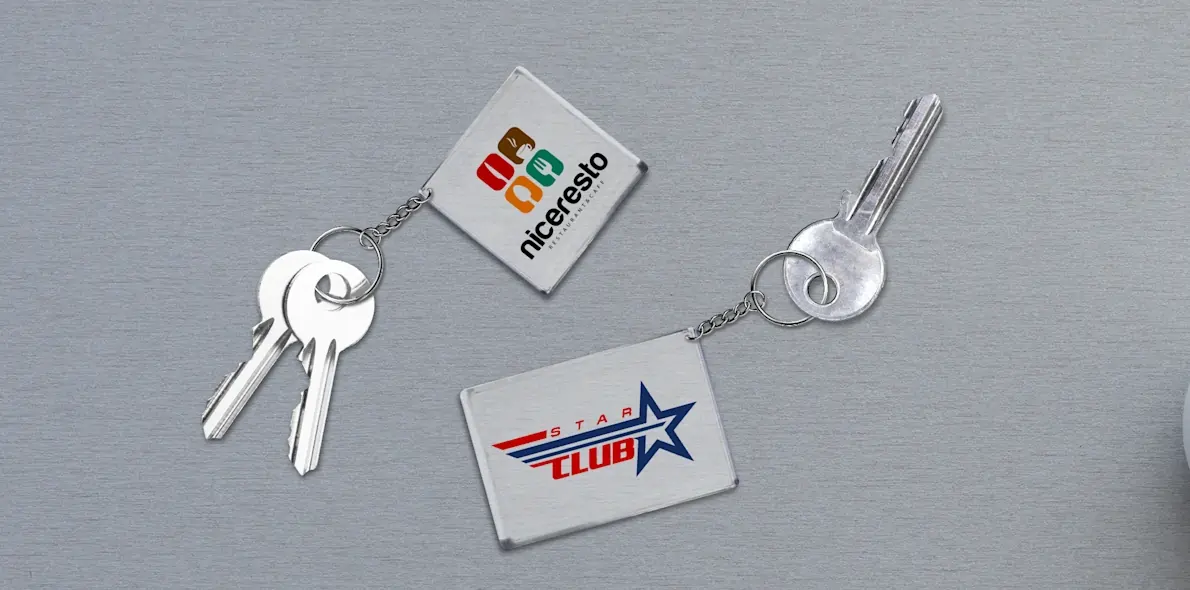Buying a business is often seen as a shortcut to success. However, it’s not as simple as signing on the dotted line and watching the profits roll in. There are numerous critical aspects to consider before making such a significant investment. This guide aims to unravel these complexities, ensuring that your venture into business ownership is fruitful and sustainable.
Initial Considerations Setting the Stage
Before you consider Buying a Business, you must assess several vital factors. First, understand the market trends. Is there a growing demand for what the business offers? Observing market trends helps you forecast the business’s future potential and whether it aligns with your long-term goals.
Next, examine the competition. Are there many players in the field, or is it a niche market with limited competition? Knowing your competition gives you an edge, allowing you to strategize effectively. Finally, identify the target audience. Does the Buying a Business have a loyal customer base, or is it struggling to retain customers? Understanding the target audience’s needs can provide insights into improving the Buying Business offerings.
Financial Evaluation: The Numbers Don’t Lie
The financial health of a business is a crucial determinant of its value. Start by analyzing profit margins. A company with healthy profit margins signifies efficient operations and pricing strategies. On the other hand, low margins could indicate potential problems that need addressing.
Cash flow is another critical element. Positive cash flow means the business can sustain and invest in growth opportunities. Without it, even profitable companies can face financial struggles. Additionally, assess the growth potential. Is the company in a growth industry, or does it have expansion plans? A business with solid growth prospects can enhance its value over time.
Operational Assessment
Understanding day-to-day operations is crucial. Begin by reviewing staffing. Is the workforce skilled and motivated, or are there high turnover rates? A dependable team is vital for maintaining the quality and continuity of business operations.
Next, analyze the management structure. Are the leaders experienced and capable, or is there a lack of direction? Effective management is crucial for driving the Buying a Business forward and implementing strategic initiatives. Lastly, identify any operational inefficiencies. Can processes be streamlined, or are there areas for cost reduction? Operational improvements can significantly enhance profitability and competitiveness.
Legal and Regulatory Compliance
Legal obligations are a critical aspect of any Buying Business acquisition. Review contracts with suppliers, customers, and employees. Understanding these agreements helps prevent future disputes and ensures seamless operations post-acquisition.
Intellectual property rights are another critical consideration. Does the Buying a Business own valuable patents or trademarks? Protecting these assets is crucial for maintaining a competitive edge. Additionally, consider environmental regulations. Does the company comply with all relevant laws, or are there potential liabilities? Non-compliance can result in hefty fines and reputational damage.
Due Diligence Period
The due diligence period is when you conduct an in-depth investigation into all aspects of the business. This often involves hiring accountants, lawyers, and Buying Business consultants. They can provide expert insights and ensure that nothing is overlooked.
During this phase, validate the financial statements provided by the seller. Are there discrepancies or red flags? Thorough financial analysis is essential for making informed decisions. Also, assess the accuracy of customer data and market projections. Reliable data is crucial for forecasting future performance and crafting effective Buying Business strategies. Finally, inspect physical assets and facilities. Are they in good condition, or will significant investment be needed? This evaluation is critical for understanding the actual cost of acquisition.
Negotiation and Final Decision
Equipped with your evaluation findings, you’re now ready to negotiate. Start by identifying areas where you can use your insights to your advantage. Can operational inefficiencies or legal risks justify a lower purchase price? Negotiation is an art, and preparation is critical to securing favorable terms.
During negotiations, also consider financing options. Would an SBA loan be beneficial for funding the acquisition? SBA loans offer attractive terms for small business acquisitions, but thorough evaluation is required to determine eligibility. Ultimately, an informed decision should be made based on a comprehensive understanding of Buying a Business. This ensures that your acquisition aligns with your goals and risk tolerance.
Conclusion
Now that you understand the business, it’s time to decide. Conducting due diligence is crucial for minimizing risks and maximizing gains. Approach the process strategically and seek professional advice when necessary. You can confidently purchase a Buying Business and start your entrepreneurial journey with a thorough evaluation and careful consideration. Don’t hesitate to dive into every aspect of the company before finalizing your decision. Your efforts will pay off as you become a successful business owner. Best of luck!






